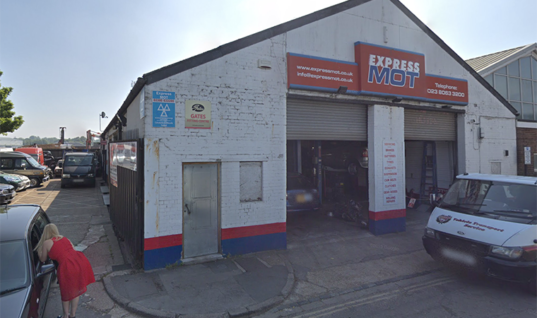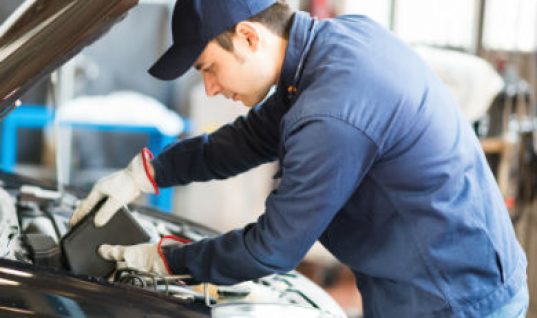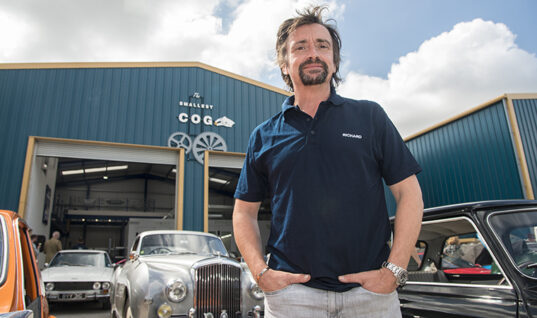UK car production declined 29.3 per cent in 2020, to 920,928 units, according to the latest figures issued by the Society of Motor Manufacturers and Traders (SMMT).
December, output was down 2.3 per cent to 71,403, with some firms affected by border closures and thus component supply issues.
It marks the worst year since 1984 for UK car makers, with the pandemic chiefly responsible for the decline.
Manufacturing operations were severely disrupted throughout 2020, with lockdowns and social distancing measures restricting factory output, Brexit uncertainty continuing until Christmas Eve and depressed market demand in key export destinations.
Related: Computer chip shortage halts car production for growing number of carmakers
Production for overseas buyers fell 29.1 per cent in the year, to 749,038 units, while output for the UK also fell in double-digits, down 30.4 per cent to 171,890.
Even amid the global pandemic, exports continued to drive UK car manufacturing, however, with more than eight in 10 of all cars made shipped overseas.
Reinforcing the importance of avoiding ‘no deal’ tariffs with Europe, the EU remained the UK’s biggest export destination, taking a 53.5 per cent share, despite volumes falling 30.8 per cent to 400,460 units.
Despite the gloom, the UK continued to rollout battery electric (BEV), plug-hybrid (PHEV) and hybrid vehicles (HEV) to buyers at home and around the world.
Related: Annual new car registrations fall dramatically in toughest year for market since 1992
Combined production of these models rose to 18.8 per cent of all cars made in Britain, up from 14.8 per cent a year before, with BEVs increasing to a 4.5 per cent share, up from 3.4 per cent.
All told, the UK turned out 172,857 alternatively fuelled vehicles, with 79.6 per cent of these exported, evidence of the country’s existing capability in building the vehicles essential to a Net-Zero future.
Mike Hawes, SMMT chief executive, said: “These figures, the worst in a generation, reflect the devastating impact of the pandemic on UK automotive production, with COVID lockdowns depressing demand, shuttering plants and threatening lives and livelihoods.
Related: Current lockdown car use at similar levels to May 2020
“The industry faces 2021 with more optimism, however, with a vaccine being rolled out and clarity on how we trade with Europe, which remains by far our biggest market.
“The immediate challenge is to adapt to the new conditions, to overcome the additional customs burdens and regain our global competitiveness while delivering zero emission transport.”







